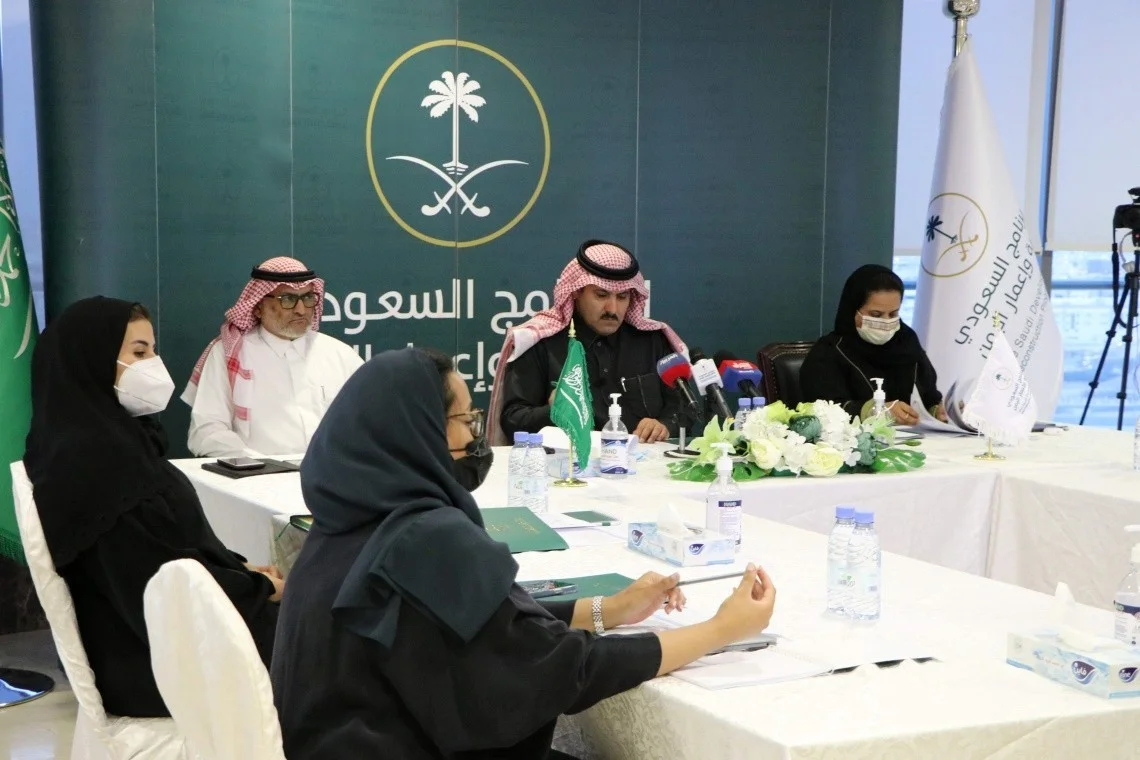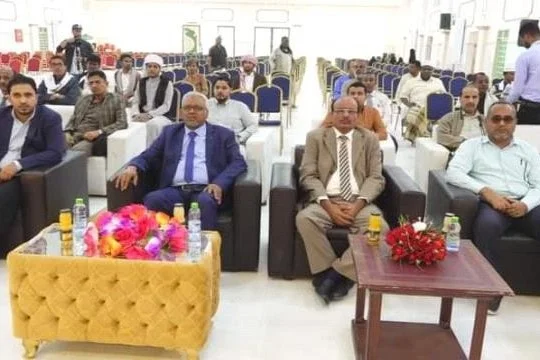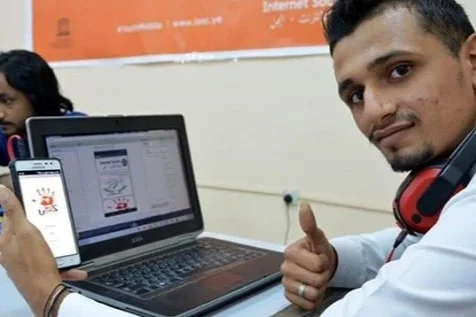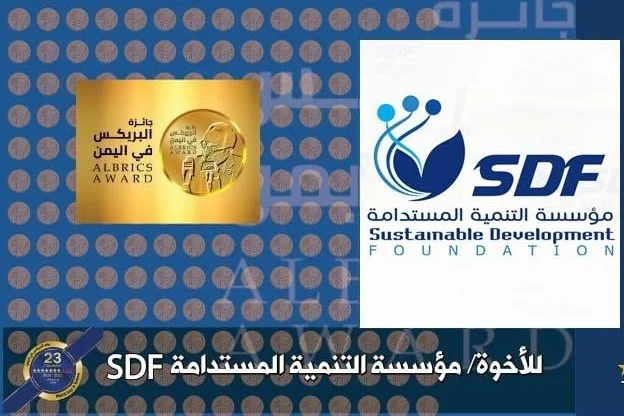Sustainable development of fisheries in the Red Sea and Gulf of Aden
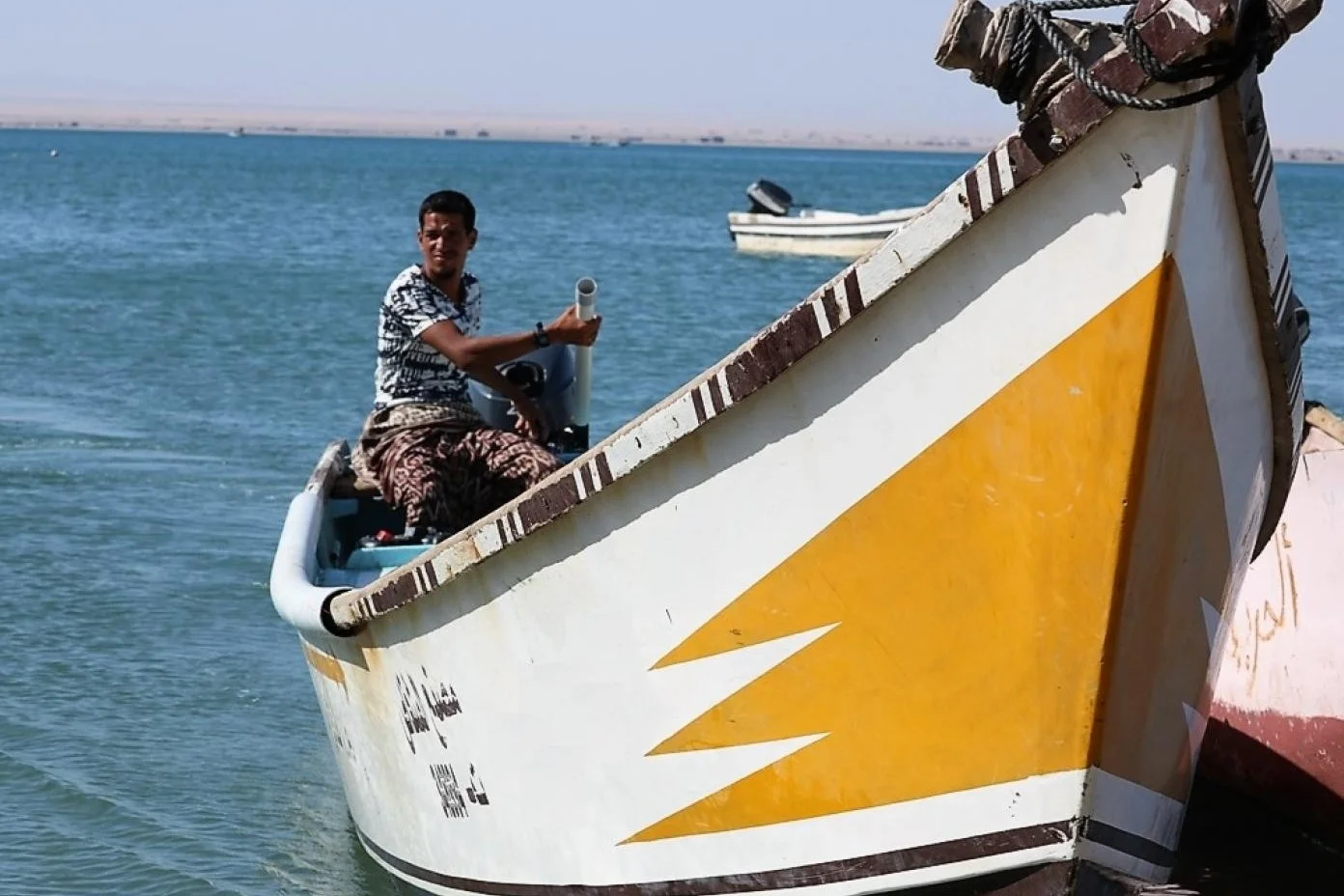
The devastating conflict since 2015 has weakened Yemeni institutions and caused the worst humanitarian crisis in the world. [1] 20 million people need humanitarian assistance, and 4 million people have been displaced (about 80 per cent of them women and children). An estimated 40 per cent of households lost their basic source of income, contributing to an increase in poverty to 75 per cent of the population in 2019 [2]. Food insecurity, a chronic problem in Yemen, has increased to unprecedented levels. According to the Integrated Phase Classification (IPC), it is estimated that a total of 16.1 million people, or 54 per cent of the country ' s population, suffer from severe food insecurity (phase 3 and above of the Integrated Progressive Classification of the Coastal Population) in the first half of 2021, despite the existence of ongoing humanitarian food assistance. In response to this deepening crisis, UNDP Yemen partnered with the World Bank International Development Foundation, the Public Works Project and the Small and Small Enterprise Development Agency to implement the Sustainable Development of Fisheries in the Red Sea and Gulf of Aden project. The project aims to improve economic opportunities, food security and effective management of fisheries production in Yemen.
The project focuses on revitalizing the fisheries sector in selected areas while ensuring its effective management of resilience, contributing to food and nutrition security by increasing the availability, access and use of food in project areas and creating sustainable income and livelihood opportunities for Yemeni families participating in the fish value chain.
The project will work with local partners, cooperatives and fisheries associations, fisheries communities and the private sector to improve fisheries management in selected coastal governorates, which is critical to addressing overexploitation, equitable access to resources, benefit-sharing and activities to protect fish and its ecosystems.
The project includes complementary activities for food and nutrition security and economic opportunities in coastal governorates, including improved income generation, which will also contribute to improved access to food, restoration and improvement of fisheries production and treatment of post-harvest losses and fish quality, which will also lead to food and nutrition availability. The participation of fishing households, particularly during non-fishing seasons, and adult family members not involved in fishing activities, in the restoration and development of small-scale infrastructure (through cash for work), access to finance (as grants), fisheries inputs, value chain development and market access will be viable and can be extended to other coastal provinces. The development of key fisheries infrastructure, particularly the cold chain, to address post-harvest losses and maintain quality for consumption, trade and related value chain infrastructure will be a major activity under the project. The project will also support a country-specific fisheries sector platform at the national level to coordinate various investments coming to Yemen, communicate the voice of local experts and cooperate with national institutions.
The project will integrate nutrition education into capacity development initiatives, so that women and men, especially from fish households, understand the importance of consuming some of the fish they sell as part of a healthy diet for their families.
Objectives
The development objective of the proposed General Programme with a series of projects (SOPs) is to promote regional cooperation for the sustainable management of fisheries in the RSGA region and the strengthening of the RSGA value chain for countries.
The development objective of this first project of the programme is to strengthen regional cooperative management mechanisms for fisheries in the Red Sea and Gulf of Aden region of RSGA and to improve the fish value chain in Yemen. The objective will be achieved through the following results:
Outcome 1: Enhanced cooperative fisheries management mechanism in the RSGA region
Outcome 2: Strengthening Yemen ' s fish value chain
Expected results
Strengthening regional cooperation in marine fisheries management and aquaculture in the Regional Fisheries Society
1142 trainers and users of regional fisheries management tools supported
Improving economic opportunities, food security and effective fisheries management in Yemen
9000 fishermen benefited from voucher/small grant inputs to develop value chain fisheries activities
4,000 fishermen with enhanced skills with grants to establish fishing projects and access to market opportunities
Rehabilitation/recovery of infrastructure for 10 fisheries with enhanced climate resilience
100,000 people benefited from training and capacity-building to develop the fish value chain, responsible fishing practices, fisheries management and the nutritional benefits of fish.
 Algeria
Algeria Bahrain
Bahrain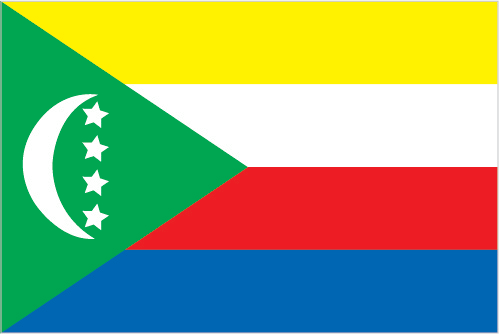 Comoros
Comoros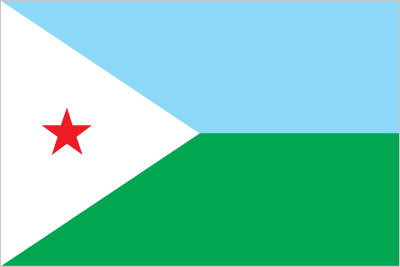 Djibouti
Djibouti Egypt
Egypt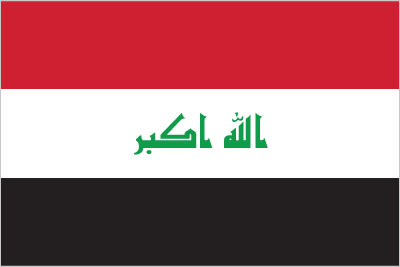 Iraq
Iraq Jordan
Jordan Kuwait
Kuwait Lebanon
Lebanon Libya
Libya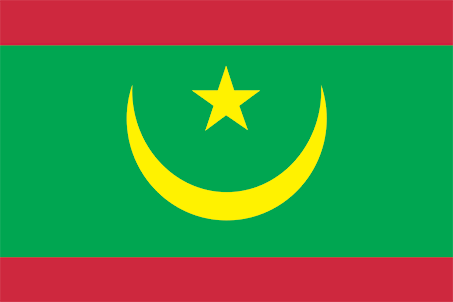 Mauritania
Mauritania Morocco
Morocco Oman
Oman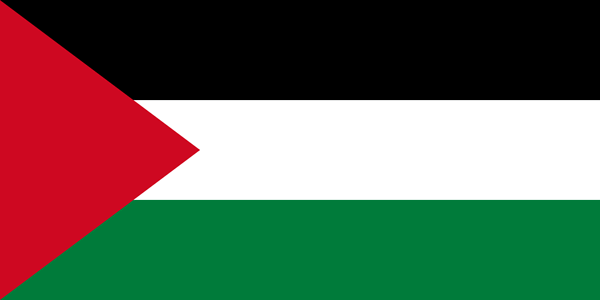 Palestine
Palestine Qatar
Qatar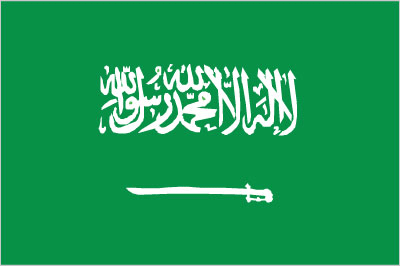 Saudi Arabia
Saudi Arabia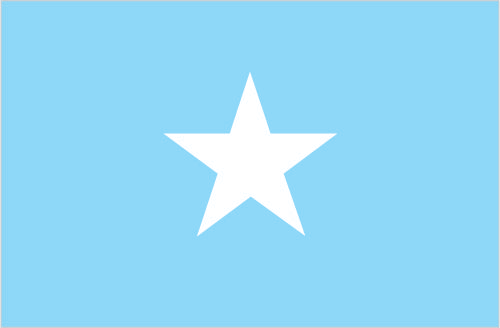 Somalia
Somalia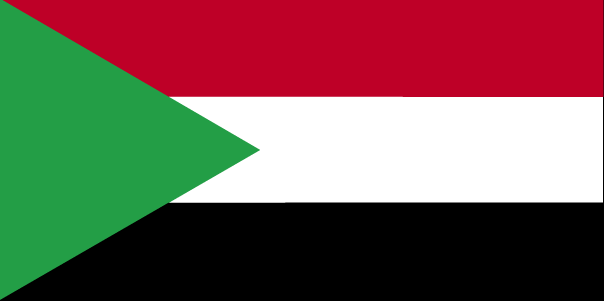 Sudan
Sudan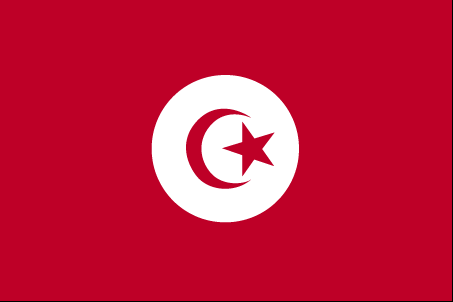 Tunisia
Tunisia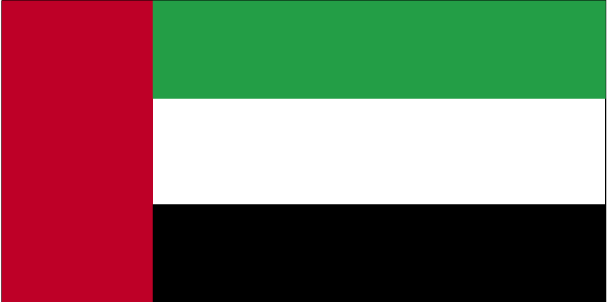 UAE
UAE Yemen
Yemen